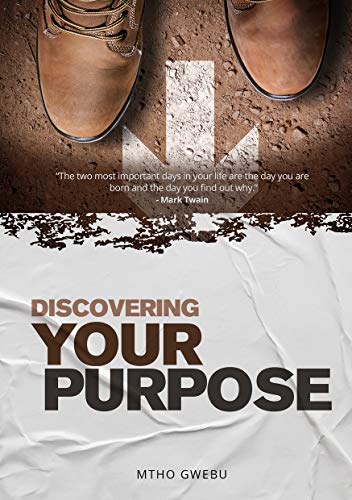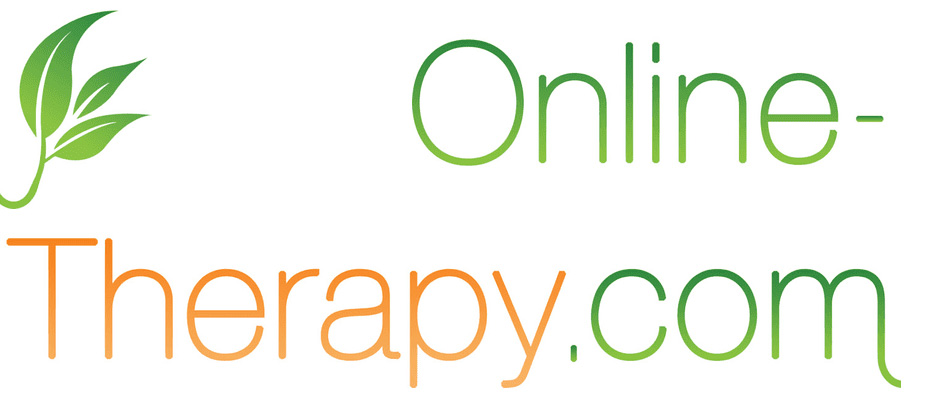Article by Dr Tom Cotton, Existential-Analytic Psychotherapist, Executive Coach & Founder, Mind Environment
In recent years I’ve become preoccupied with purpose, bothprofessionally and personally. As a psychotherapist and executive coach, whilemy clients are from a broad range of backgrounds, they seem increasingly toshare a need to be clear about their purpose in the world. For my own part,making sense of my own purpose has been a long struggle with notable peaks andtroughs. Lost in adolescence, breakdown and failed relationships in mytwenties, the death of my father and leaving a career in film in my thirties,all led to periods of intense questioning about who, and what, I was supposedto be in the world. Re-training as a psychotherapist and coach, marrying andbecoming a parent, meanwhile, while not always plain sailing, helped me todiscover that, in part, my purpose was to support others in their attempt tonavigate their own path through life.
Having reached fifty recently, the question of purpose has onceagain become a pressing question. Passing this midlife milestone has coincidedwith a growing global awareness of the challenges facing the world, and, likemany other people, I have been wondering how my purpose can contribute to the solutionsto these challenges.
Last year I set up an organisation with colleagues, called Mind Environment, which offers programmes to help people work intensively on their purpose. One of my core aims was to take personal development work out of the clinic and conference centre and into an inspiring natural location where participants have the space to fully step back and consider the complexity of their relationships and life roles. The remote French mountain village of Bardou, which is surrounded by the wilderness Southern Languedoc National Park, was home to our first programme in October 2019, and not withstanding Covid-19 disruption, will be our base for our autumn programmes this year.
If you have also found yourself wondering about purpose, you might be interested in some of the key learning points that have emerged from the first year of developing Mind Environment.
One view of purpose
There are of course a myriad of ways of defining purpose, but the following points outline how purpose now appears to me:
- As people, our purpose is a deep, often unspoken, or indeed unconscious personal statement about who we are and what’s important to us. It is our design for life.
- Purpose is the thread that connects some of the core human concerns: meaning, identity, values and legacy.
- Purpose drives and guides what we want to do in the world and the way that we want to be in it. That has a profound impact on the quality of not only our lives, but also the lives of the people around us – family, partners, colleagues, community. It has the potential, therefore, to further the common good, or undermine it.
Becoming aware of one’s own purpose
Often, purpose might be thrust upon us, rather than being self-engineered. For example existential transition points, such as becoming a parent, a significant relationship starting – or breaking down, losing a loved one – or a job, entering adulthood, mid-life or old age, may all demand a re-orientation of purpose. Equally, the need to pivot one’s purpose might not just come from within. For example, on a macro level, in the wake of Covid-19, issues such as climate change and social inequality have come into sharper focus. As a result, it is becoming more difficult to avoid the reality that we are all connected, and that our individual actions have an impact that reaches further than our immediate spheres of influence.
How do you examine your purpose?
Achieving clarity of purpose can be difficult. You know whenyou have purpose, but when you want to reconfigure it, or even radically reviseit, it can be difficult to see what’s lacking, and why. In part, this might bebecause we lead busy lives that don’t stop, and so there is little space tostep back and reflect on where we are, take soundings from others, and to becurious about what emerges. However, it is also important to look at thedeeper, more complex reasons why this examination might be difficult.
- To see your own purpose more clearly, you need to look in detail what is obstructing it, so that you can make space in your mind for a fresh perspective.
- From a psychoanalytic view, obstructions do not occur in the intellectual realm – they manifest below the surface in the areas that are difficult to verbalise: the emotional, unconscious and seemingly irrational undercurrents of individual and group experience. This is the same, opaque place where obstructions tend to occur in relationships and organisations, for example, and are difficult to address because they are often unseen and unspoken.
- To see your purpose more clearly, therefore, it might help to engage with these below-the-surface forces and bring them into consciousness, where they can be worked with more productively.
Working with purpose
Human beings tend to focus on the known aspects of the world that they can see and control, and so tend to avoid direct contact with below-the-surface. With this challenge in mind, we designed the Mind Environment Individual Programme to blend outdoor activity, discussion and creative representation techniques, such as drawing (skill plays no part here!), and contain these elements within a confidential group process framework in order to help participants to quickly reach beneath the surface and explore where potential obstacles to purpose might lie. This framework is guided by two main principles:
- The philosopher, Martin Heidegger’s contention that Being is encountered environmentally[1]. In other words, to see your being more completely, you need the perspective of others that you relate to environmentally, or put another way, in the world around you.
- To paraphrase the Depth Psychologist, Carl Jung, ‘You find what you need most in the place where you least want to look’[2]. While individually, the part of us that wants to remain in control might prevent us looking in this beneath-the-surface place, the group reminds us of what we would rather not see, but what we often desperately need to hear. As Jung might say, you need to get close to the heat of the furnace to benefit from the deep level learning, but it essential that when speaking one’s mind, one does so with both kindness and respect.
Working immersively in this way over four days, we foundthat participants on our October 2019 programme were able to bring togetherbelow-the-surface experience where blockages occur, with above-the-surfacethinking, in order to work productively on their purpose. We found that participants developed a greaterawareness of the choices that they make as individuals, a better understandingof the complex relationships that they are part of, a capacity to think morecritically and creatively about both the challenges and the opportunities that theysee ahead of them, and to take their revitalised purpose back into their lives,into their families, relationships, workplaces and communities.
It is with immense pride that I report that this first group have chosen to continue supporting each other with the purpose plans that they developed during the programme, and remain active members in our Mind Environment community. You can read about their experiences of the programme in the short video clip on the Individual Programme page.
While Covid-19 has been a major disruption to our programmes this year, it has also provided an opportunity to think deeply about how we offer what we do. If the Mind Environment Individual Programme might be of interest to your clients, or to you as a practitioner looking for a CPD opportunity, please visit our website for more details. Alternatively, please do feel free to contact me directly at tom@mindenvironment.co.uk if you have any thoughts or questions.
[1] Heidegger, M (2008 [1926]) Being and Time (Trans. Macquarrie, J. & Robinson, E.) Harper. London: Perennial ModernClassics. p155.
[2] Jung, C (1983) The Collected Works, Vol 13, New Jersey: Bollingen. P35.


